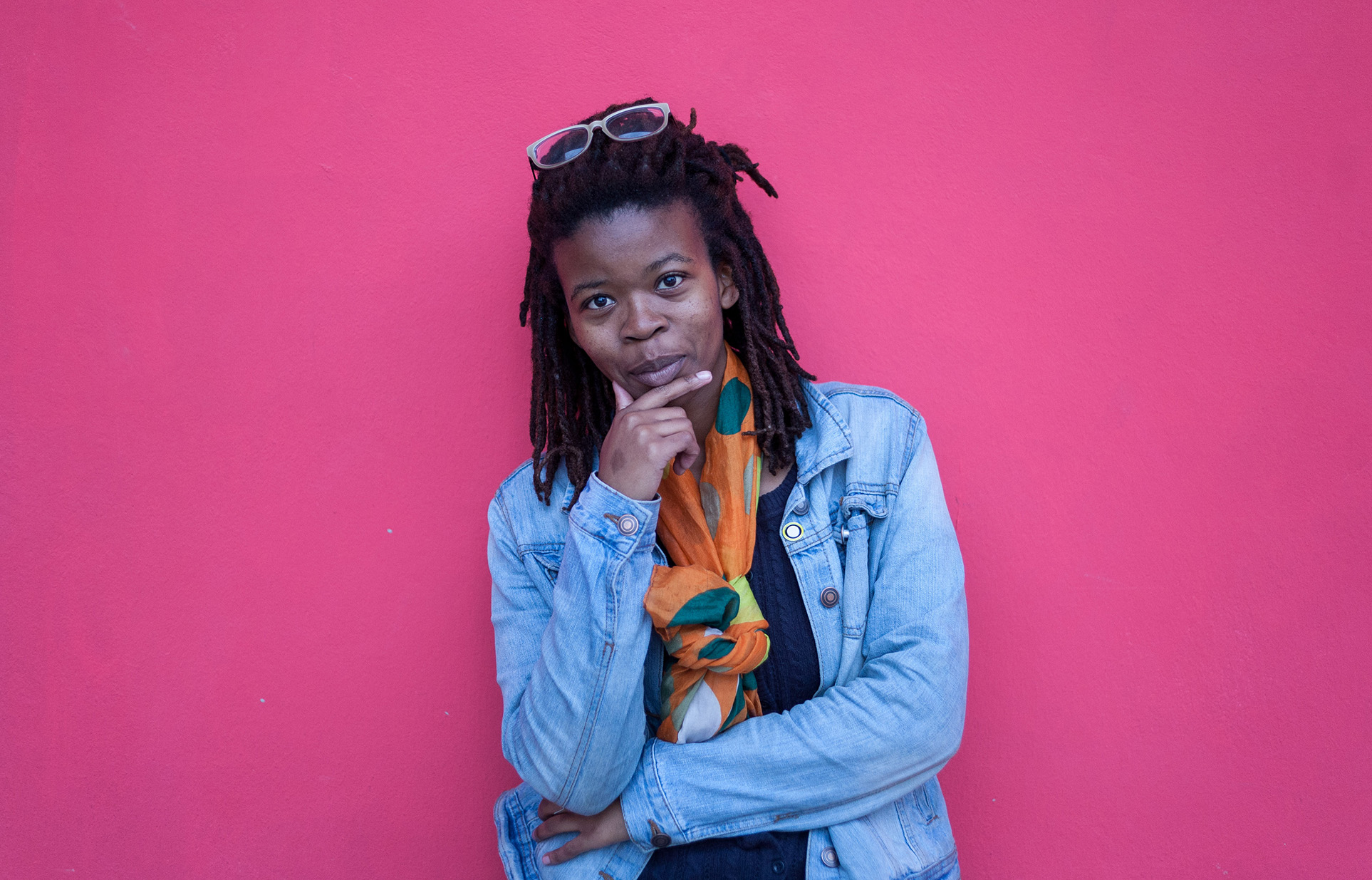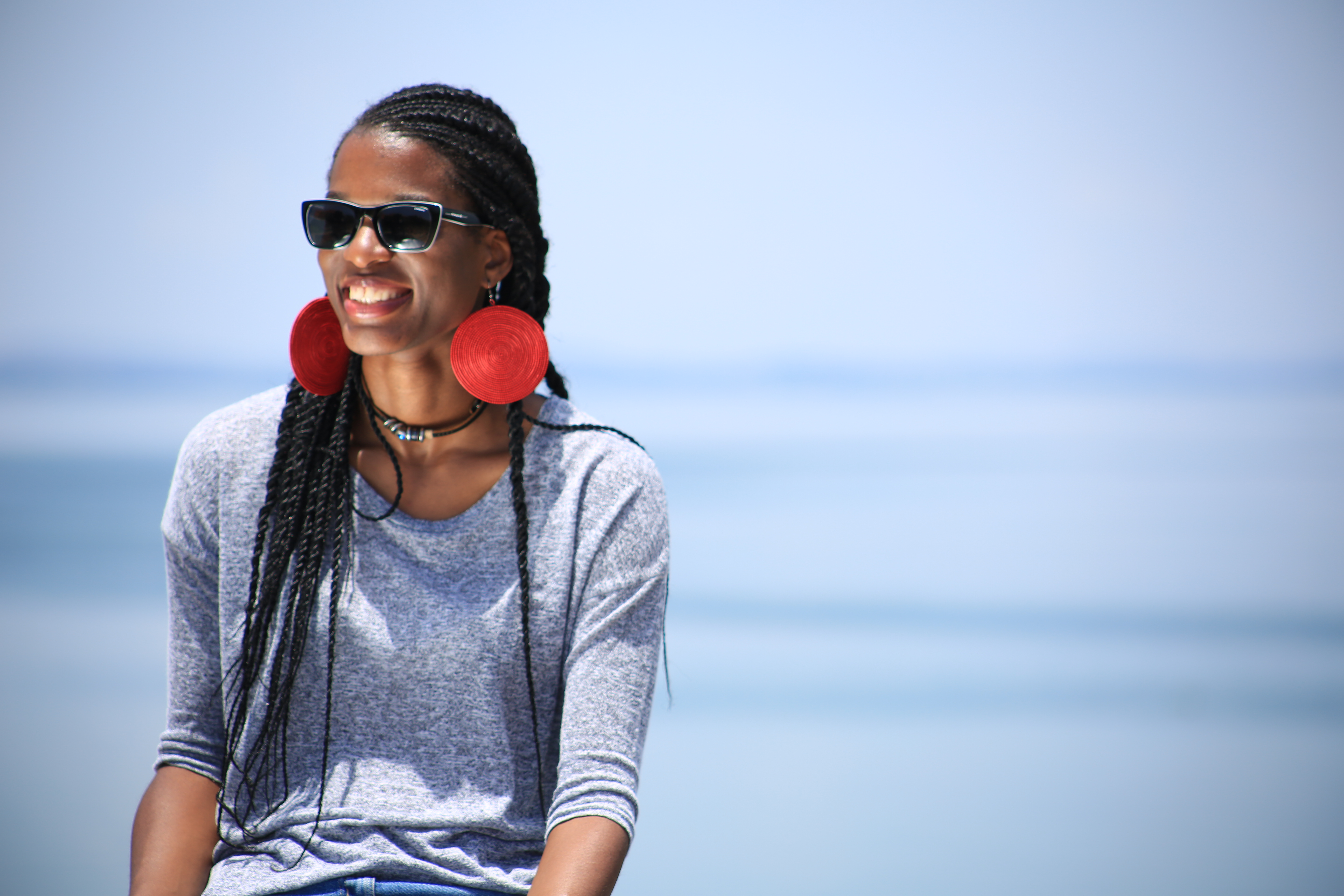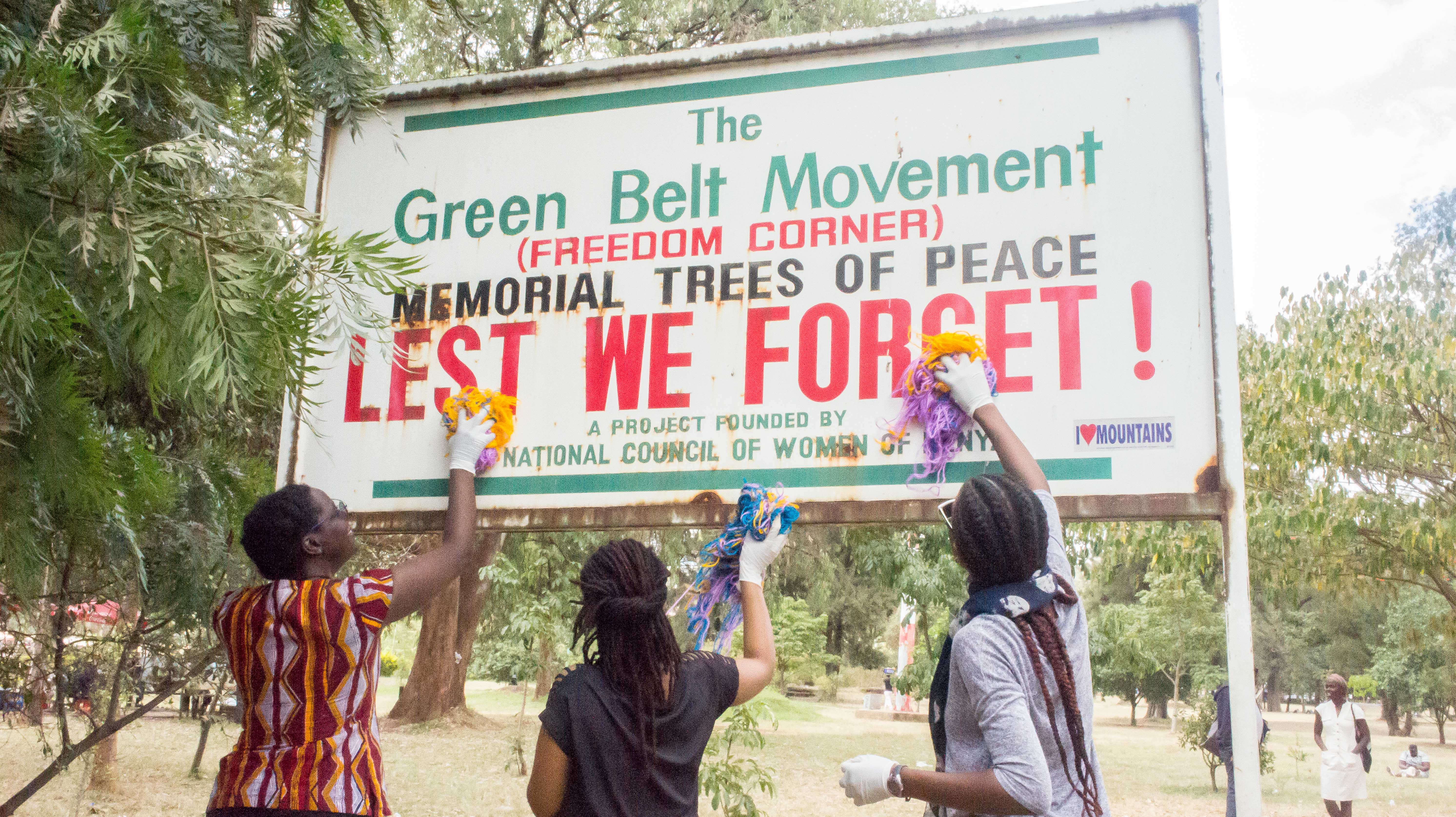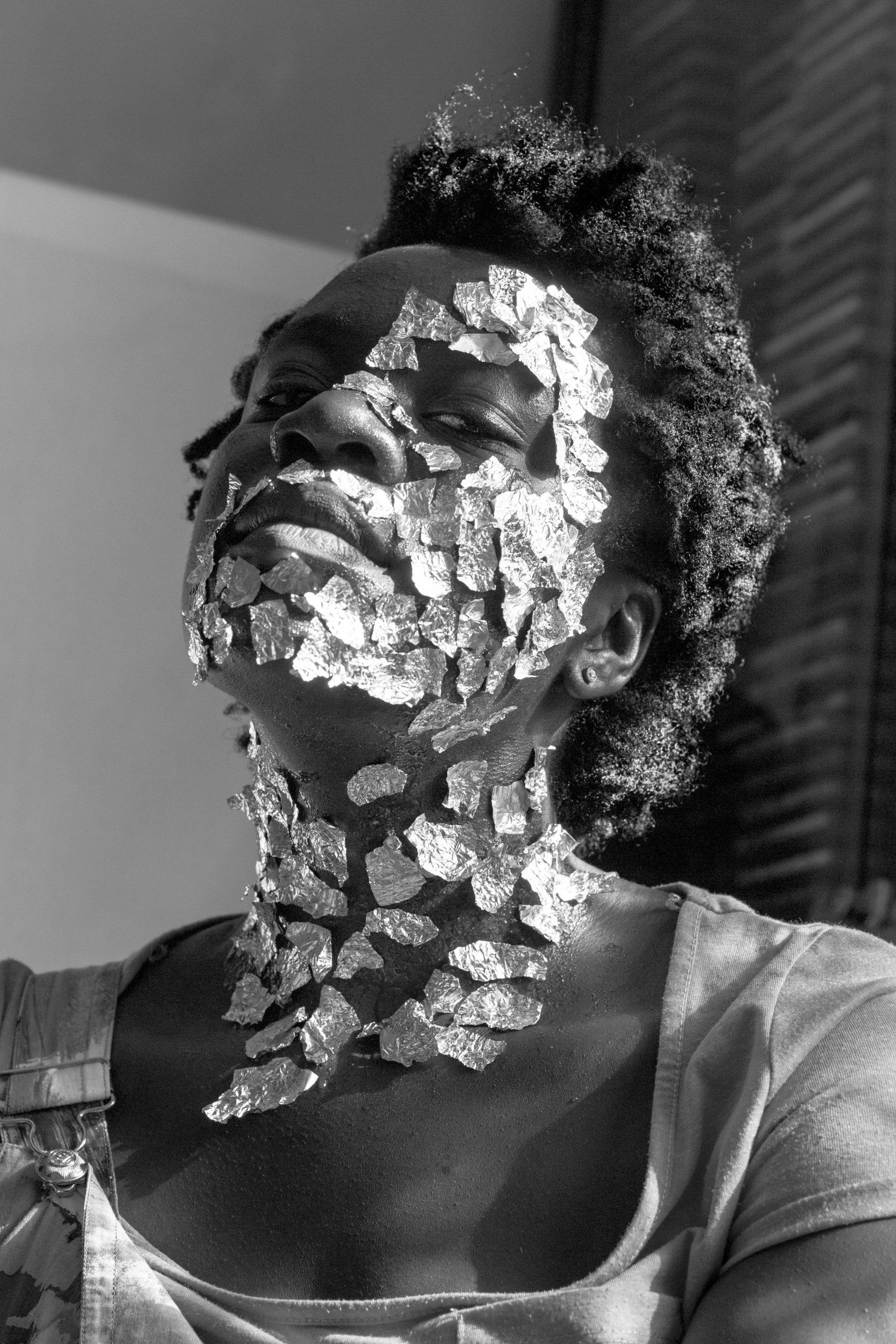“Whoever has learned to be anxious in the right way has learned the ultimate.”
― Søren Kierkegaard
The School of Anxiety (SoA) is positioned as a collaborative space of (un)learning. Conceptually derived from psychological notions of ‘anxiety’ and references the Danish philosopher Søren Kierkegaard’s text The Concept of Dread (1844). However, it extends beyond the space of literary and conceptual theory into artistic practice. The project facilitator and Uganda-based curator and writer, Moses Serubiri believes that ‘subjective anxieties’ relate to the societal notion and process of ‘becoming someone’ He writes, “this project is about how to essentially refuse to take on the guilt of becoming a subject: whether this is a civilized, tribalized, politicized, and radicalized subject.”
The first iteration of the SoA took place in Johannesburg during September last year. After an immersive experience of exploring spaces like ROOM gallery, Keleketla! and the Hector Pieterson Memorial Museum, a public panel entitled What to do with anxiety? ensued. It manifested as part of the Berlin Biennale’s public program I’m not who you think I’m not. The project positions itself as a space for (un-)learning, centred on the experience of subjective anxieties and the processes of “becoming”.

His praxis explores “meta-narratives and scholarly practices” – transcending the perceived boundaries of art. It often probes the activation of a network of people, focusing on forming conversation with those engaged in the process. “I think of my work as trying to engage beyond the field of art and with practices and disciplines that challenge our current understanding of art.” The participating artists include Awuor Onyango, Nyakallo Maleke and Sanyu Kiyimba-Kisaka. Their inter-disciplinary approaches span video, sculpture, theatre and poetry.
The second event was hosted in Nairobi last month. The workshop was located in Uhuru Park – often a site for national rituals. Moses describes the dynamic tension between opposition and pressure groups as visible in the proximity to Nyayo House – government buildings and a detention centre, notoriously known as the ‘Nyayo House torture chambers’. In 1992, a group of Kenyan mothers staged a hunger strike to resolve the release of their sons who had been detained as political prisoners and protest for the restoration of democratic practice.

This historical event was the foundation for the public performance and second SoA iteration. Moses reflects that, “it was crucial that no-trace of the performance was left, because we were not aiming at re-authoring the actual space, but rather pursue symbolic gestures that would allow us to deepen our dialogue with historic anxiety.”
He describes the synchronicities between each workshop as conceptually tied to an exploration of autopoiesis, mourning, and obsessional doubt, as well as, “becoming immersed into a whole new environment. For both iterations we have spent majority of the time visiting places, going to museums, talking to curators, artists, writers, and cooking and shopping. The project is as much about learning as it is about unlearning.” Not being bound to the pressure of giving art in exchange for some kind of financial remuneration, “we have been able to really have meaningful exchanges that avoid the system of regurgitating and reproducing oneself into a brand of some kind. I think that the SoA members have stepped out of their usual practices to engage other ways of ‘doing’ that have emerged through a conversation.”
A third iteration and extension of SoA will take place in July 2018 during the 10th Berlin Biennale.

